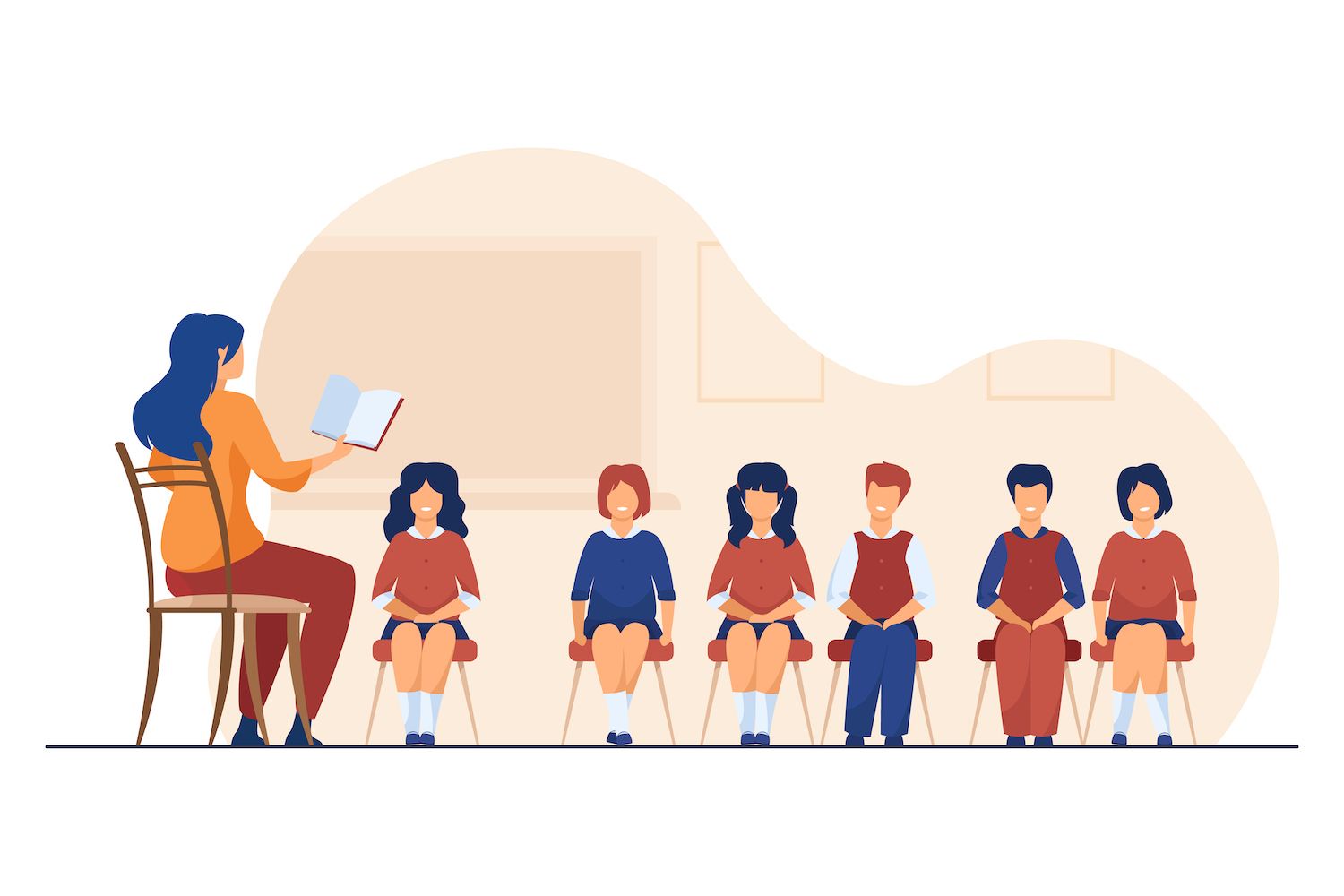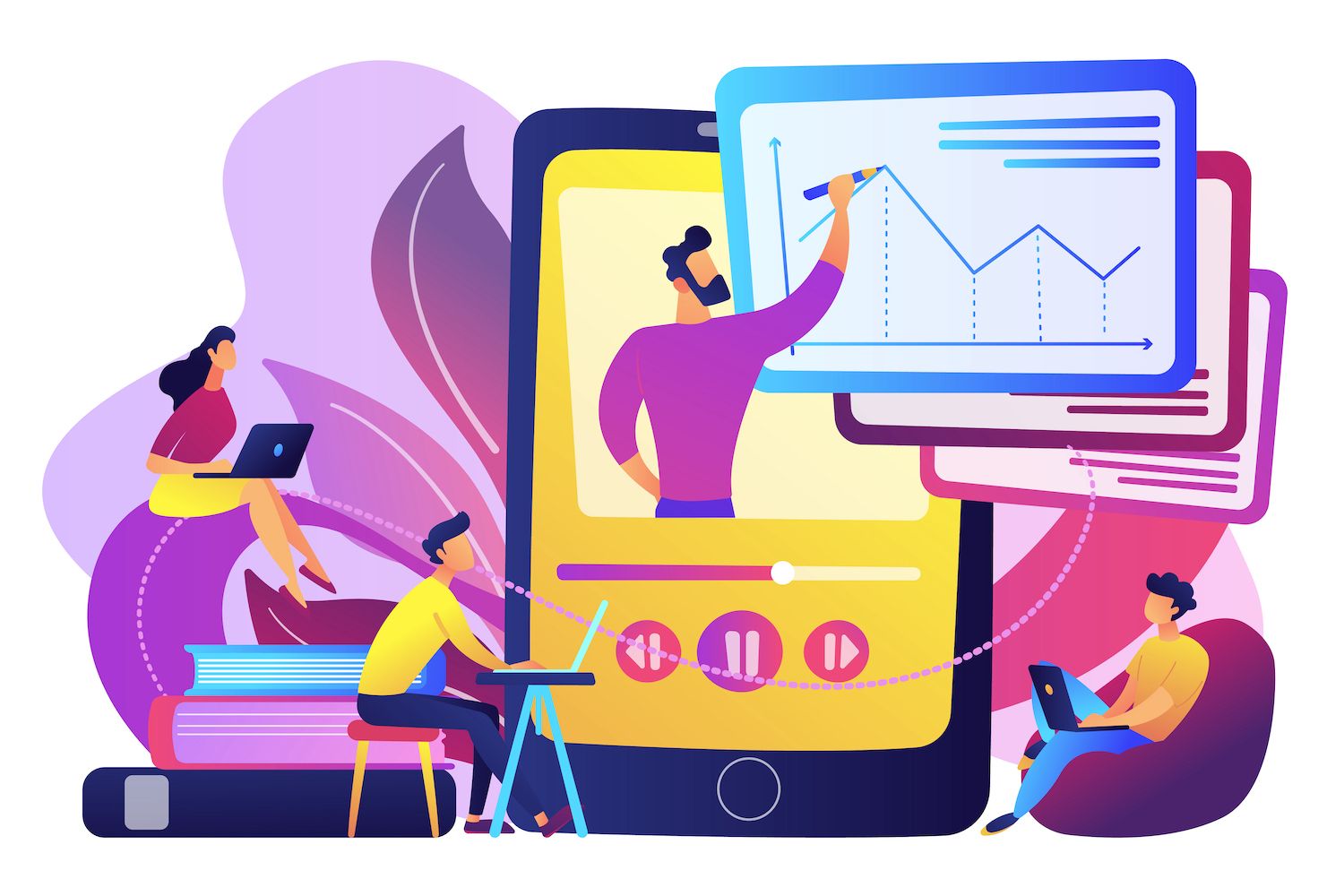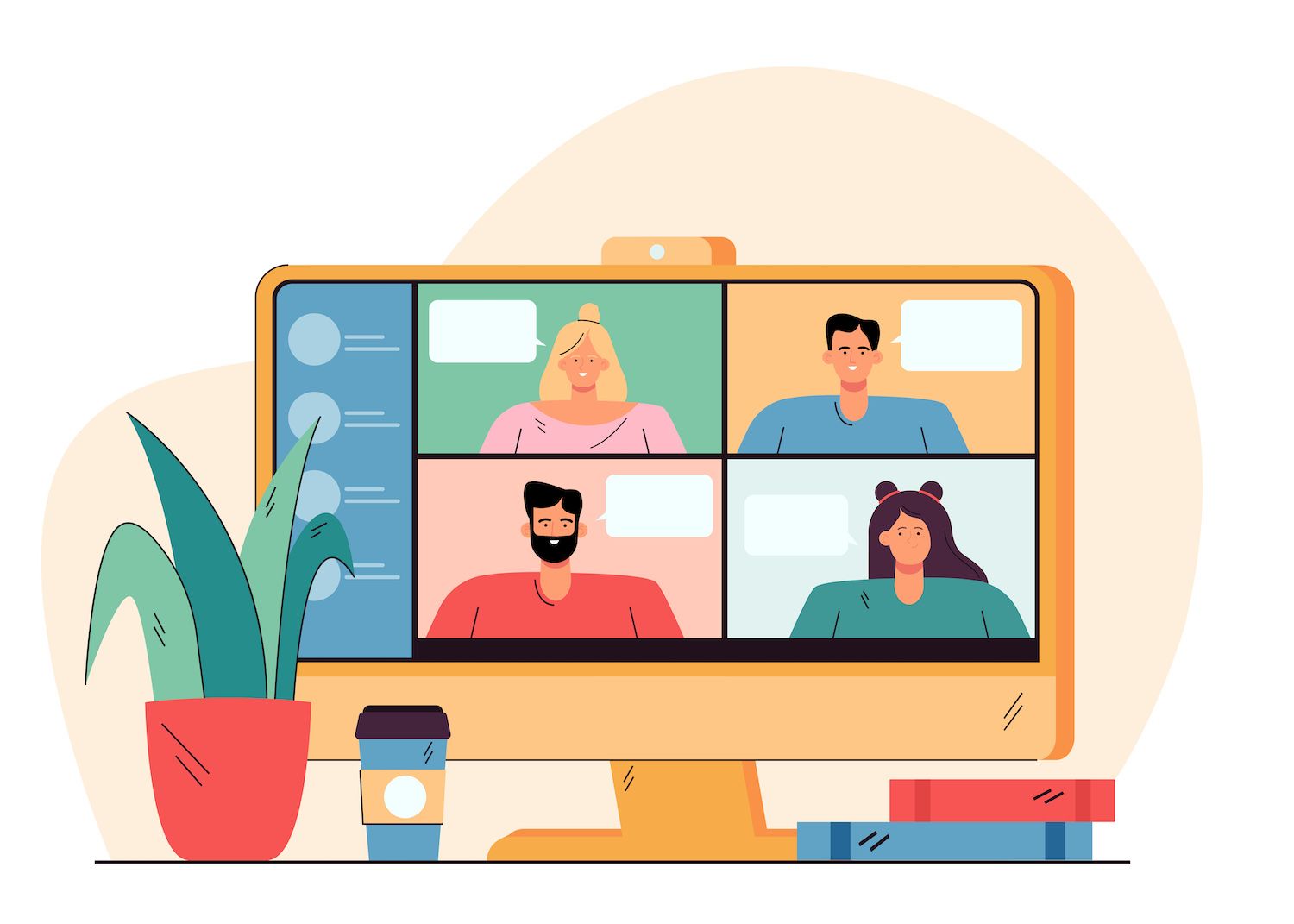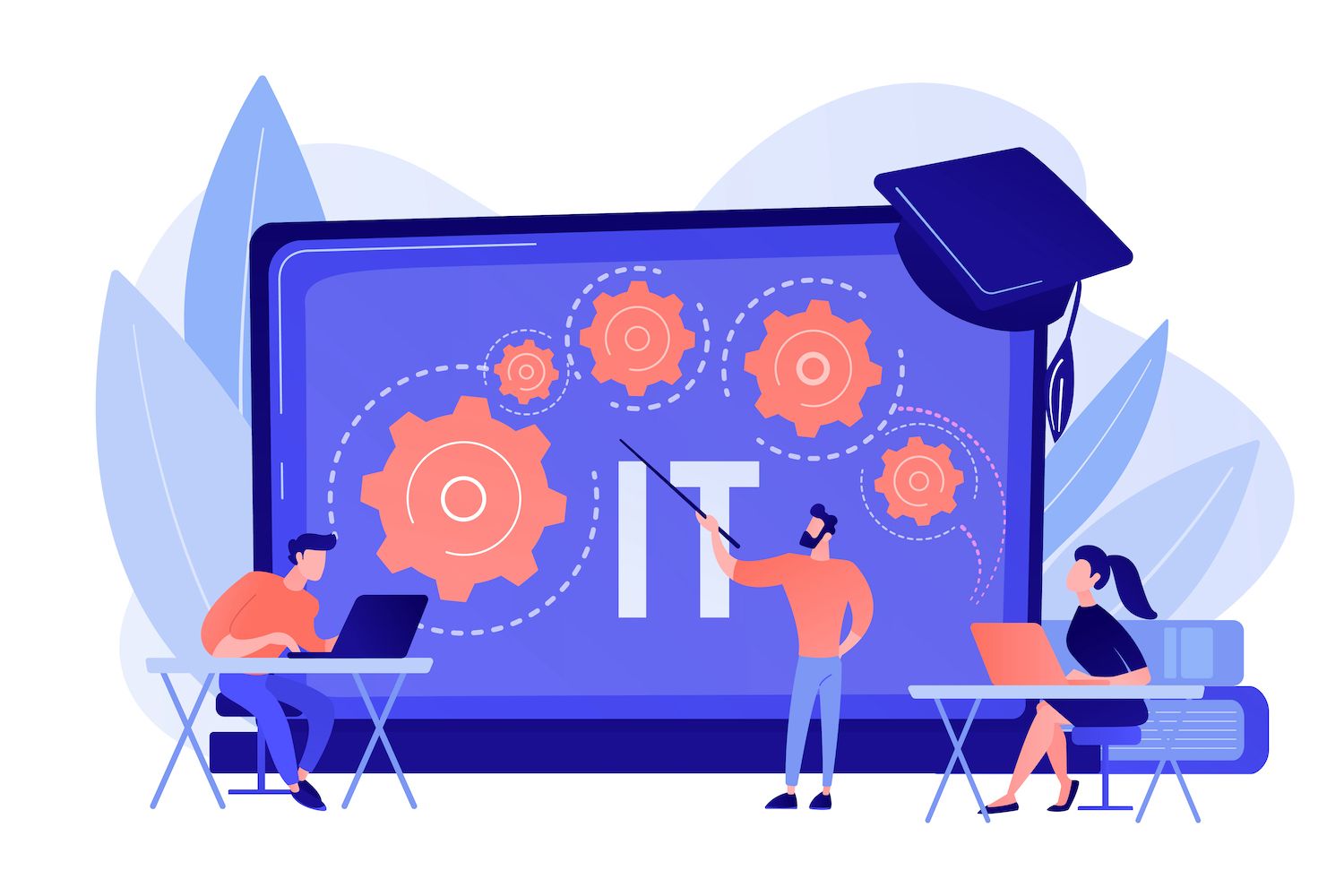How to sell a Mobile App or game outside App Stores -
We thank Tony Markov for contributing to this article!
If you're unsure of how to sell an app directly to consumers (D2C) outside the apps stores -- or if you're searching for a fresh method to make money from your mobile app or game -- you may be wondering about what options you have.
High fees on platforms like platforms like Apple App Store and Google Play are a reason that can create a need for developers of games and app creators to look beyond the simplicity and ease of traditional marketplaces for apps however, the restrictions of platforms make it more complicated.
However, because of continuing court proceedings and the creation of new rules and laws The mobile world is evolving.
You may have more options than you initially thought But where should you begin?
In this post, we'll cover:
- The current practices of the app store and rates.
- Different tools that you could use to monetize apps and games outside the app store.
- Highlights of recent U.S. and European legal coverage that may affect app sales and game revenue.
How Mobile App Stores function currently
With 99percent of the mobile OS market share globally, Android with the Google Play Store as well as iOS with the App Store of Apple have enjoyed a duopoly over mobile software distribution and mobile app ecommerce worldwide. As these markets begin to open up but it's essential to comprehend the principles that apps have traditionally worked under.
On the plus side, as the most popular app stores are utilized by almost every single person in the world with an mobile phone, their capacity to bring in new users to your application or to play your game is unparalleled. App stores also allow easy and simple for customers to download and pay for new applications and purchases through a marketplace that they trust and with payment methods they've already saved to their account.
App stores facilitate app developers to market their applications. They can also handle important transaction factors such as varied payment methods and currencies, as well as fraud and technical assistance related to the transaction, and also collecting and settling sales tax.
However, that convenience comes at a high cost to designers.
What are the Downsides of Monetizing via Major App Stores
Assuming your game or app is accepted by the gatekeepers for the mobile app store initially, the complete lack of competitors means that the costs related to sales made through iOS and Google Play app stores are very high -- usually at least 30%..
Those fees also apply to in-game purchases as well. So, regardless of whether you decide to release a free app and then monetize it through in-app purchases, your players as well as users are burdened by paying steep charges to app stores.
Transferring the Fees- - or Savingsfor consumers
Some apps are starting to clarify that at least a portion of the high fees charged by app stores will be passed directly to buyers, but that there are lower-cost options in place.
Otter's 2023 Pro Pricing Changes
Otter revamped its pricing options at the mid-point of 2023. package pricing changes going into effect in August 2023.

But there was one particularly interesting Pro option: Paying for a annual subscription through the Apple App Store or Google Play Store costs users an extra 10 dollars which will increase the cost by about 8% from $119.99 up to $129.99 USD.
To explain how users are able to avoid the charge, Otter placed a green "Tip" box just below that Otter Pro pricing grid, letting users know they can "Learn how you can transfer their Apple App Store or Google Play Store subscription to Otter by Web ."

In order to address the pricing disparity more directly, the FAQ section located at the end of the page states that the more expensive price through apps stores "reflects the extra charges needed to host the Otter.ai subscriptions on both Apple as well as Google's apps stores."
The article goes on to specifically recommend that users discontinue their current Apple App Store or Google Play Store subscription, and then sign up again on Otter's website..
The Increasing Trend in Video Game User Account Purchases
As with Otter Many game application creators are providing discounted rates to customers who buy outside of the app via an external user account that's connected to the app.
Developers are able to advertise this kind of user accounts and discounts through their websites.

Developers of apps make it simple for users to sign up for an account by opening the app on their phone, tapping an icon to register an account as a user, and complete the registration.
Users can then purchase items from the site directly, at a price much cheaper than when they make the same purchases within the app. (More about user accounts here.)

The App Store's List of Developers Selling D2C Will Grow
There are many benefits to selling games and apps via the iOS App Store and Google Play, the downsides on pricing and the limitations on distribution of games mean that, as court cases continue and new regulations open up the market, more developers will be wondering whether they could implement an effective D2C approach for their application or game.
How to Sell Apps in other App Stores
Even though Otter's app is available for download via the Apple App Store or Google Play Store -- and Otter has a premium cost if customers have to pay the annual Pro subscription via these stores, there's still a lower-cost option to their customers: downloading the application from one of those stores but paying for their service on Otter's own website using a different payment services supplier.
This is a good example of the distinction between the distribution of apps through app marketplaces, and monetizing an app via app marketplaces.
However, even if the downloads of your application belong to a store that is owned by a third party, that doesn't mean it's the only way users can pay for the features or services you offer.
Here are some of the key things to consider in establishing your own option for monetization that isn't available on the main app marketplaces.
Pick a Payment Provider
There are numerous options for payment services providers (PSP) and merchants of record (MoR) that are available that you could set up to take payments outside of device-captive app stores.
However, there's a major differentiator between payment services suppliers as well as merchants with record.
A PSP helps businesses sell their products through special services and connections needed to do so (such for connecting payment gateways, payment processors and merchant accounts).
MoR MoR is a similar model and is able to take on significant responsibilities such as worrying about the rules for card brands, regulations guidelines in various countries, risk, sales taxes and VAT, and more. It also includes collecting, calculating, and remitting taxes.
Why Shouldn't You Just Choose a Lower-Cost Solution Like Stripe?
Stripe comes with multiple upgrades to fill some of those gaps, but each upgrade will increase the price anyway.
User Accounts
For the purpose of connecting purchases from your own checkout option and the app you downloaded via an app store, you'll require a user account system for users to monitor -- and get in-app credit for -- their purchase.
User accounts will allow users to buy items from those on the App Store and Play Store, then sign in to your app for the credit to be reflected in the app.
For the instance of we also provide customers with customer support -- so if they have any issues with their purchase or their payment account, we'll be available to assist.
Accounts linked to purchases typically take the form of in-app currency or subscriptions.
In-App or In-Game Currency
To make your app monetizable using in-app or in-game currency The currency is bought with real cash on your website and later redeemed in your app for in-app items such as features, items, etc.
For many app games, the games use in-game currencies like gems, coins gold, coins, or some other distinct fictional currency that players can use to earn bonuses in the game. It is usually bought as a package, including web-exclusive prices if users leave the app and go directly to the game developer's site.
Subscriptions
Rather than individual purchases as necessary, you might prefer to offer access to your application (or its premium services and features) through a subscription service, usually available on a monthly or annual basis.
Apart from a freemium plan, Otter's packages are available for yearly or monthly subscriptions.

items and upgrades
The addition of items and upgrades is another option to package your app and monetize your application. They can work independently of different options, such as subscriptions or currencies in-app, or could work with them.
For instance, Otter, which offers a freemium version of their service (either on the web or through their mobile app), upgrades such as additional transcription time as well as team collaboration and more advanced export options encourage users to sign up for their Business and Pro plans.
When it comes to gaming applications, the possibilities are nearly endless -- including exclusive characters, items, power-ups, and more that can encourage users to purchase through the web site and use within the application.

Legal News Re: App Revenue and Monetization
If you're unfamiliar with the current and ongoing legal battles that could impact both Google as well as Apple's store in a way, there have been quite several in the U.S. and Europe alone.
HTML0 is the Digital Marketing Act (DMA)
Epic Games' Lawsuits
After Epic Games used discounts to encourage Fortnight users to use discounts, and encourage Fortnight customers to pay using another payment option rather than the app marketplaces that both Apple and Google then deleted Fortnight out of their store in 2020. Epic Games then separately sued both Apple and Google.
In the Google instance, appeals are ongoing, but the court in December 2023 found in favor of Epic in every aspect.
State-Led Cassettes
Partner With

